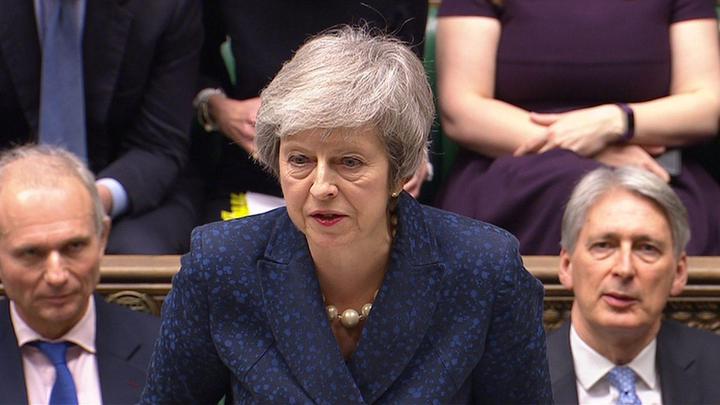Theresa May and the Conservative Party leadership confidence motion of 2018: analysing the voting behaviour of Conservative Parliamentarians

Abstract
This article provides the first systematic academic appraisal of the confidence motion against the Conservative Party leadership of Theresa May in late 2018. We construct a detailed dataset of the parliamentary Conservative Party (PCP), and then test the significance of a range of hypotheses about how Conservative parliamentarians voted in the confidence motion. Our findings demonstrate how the original remain or leave divide on continued membership of the European Union (EU) was not statistically significant — i.e. our findings demonstrate that whether Conservative parliamentarians voted remain or leave themselves, or whether they held remain or constituencies, did not have an impact upon their vote in the confidence motion. Our findings demonstrate that the lack of confidence in May was dependent upon whether Conservative parliamentarians supported her Withdrawal Agreement (WA) and whether they were members of the European Research Group (ERG). Our research findings contribute to existing academic debates as they show that the drivers of the vote in the confidence motion of 2018 differed from the drivers of the vote in previous Conservative Party leadership elections — i.e. unlike previous contests non-ideological considerations were not statistically significant in terms of explaining voting behaviour.